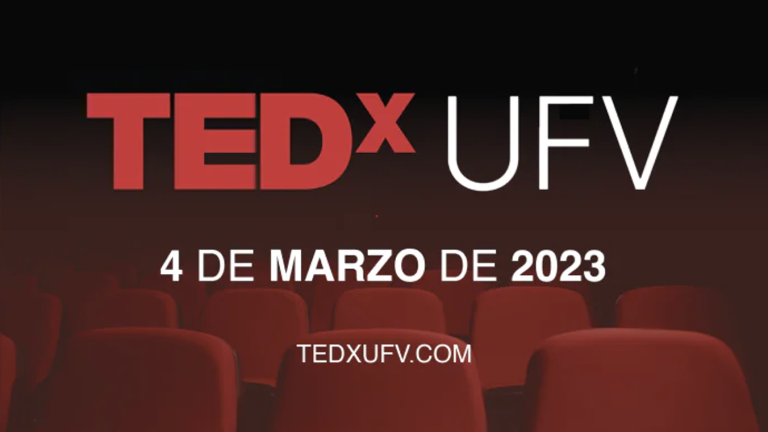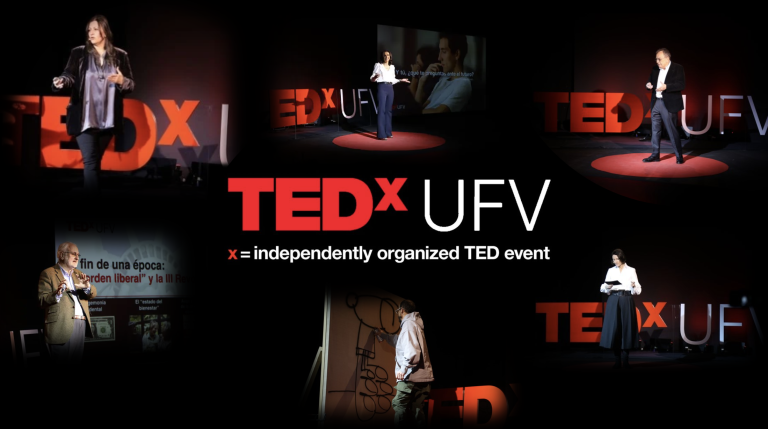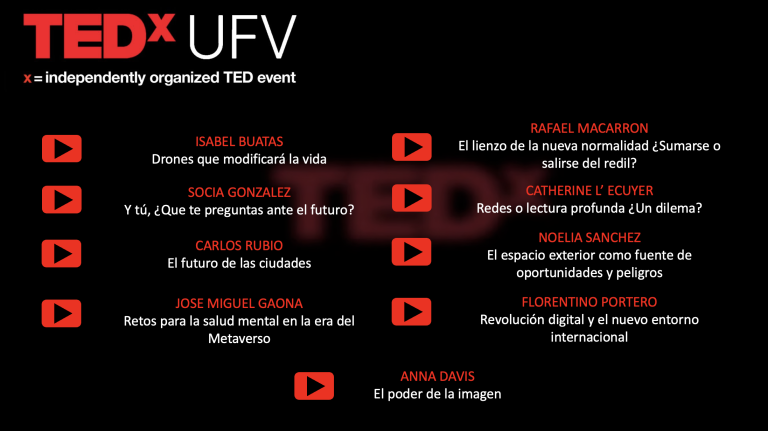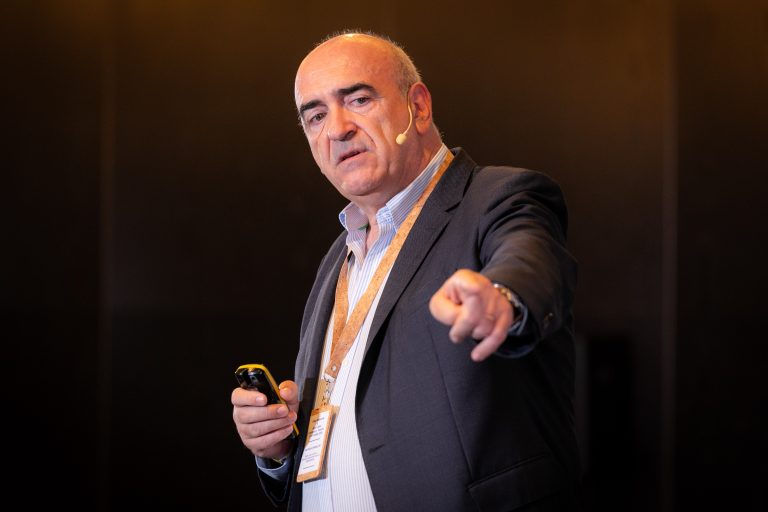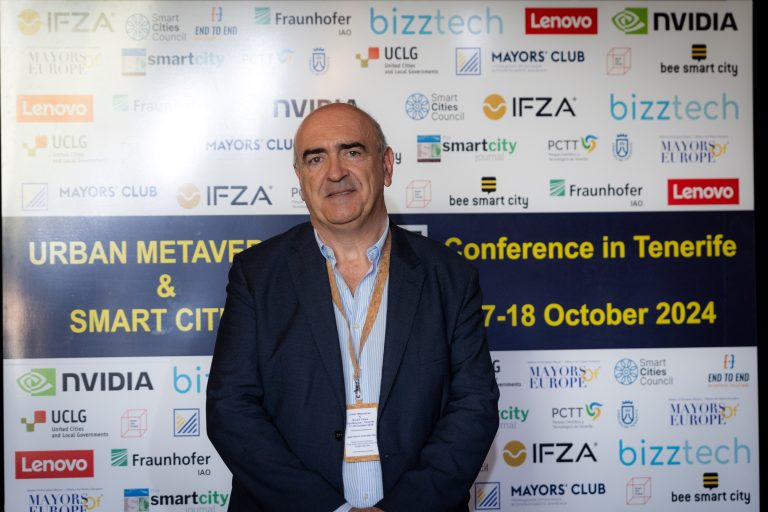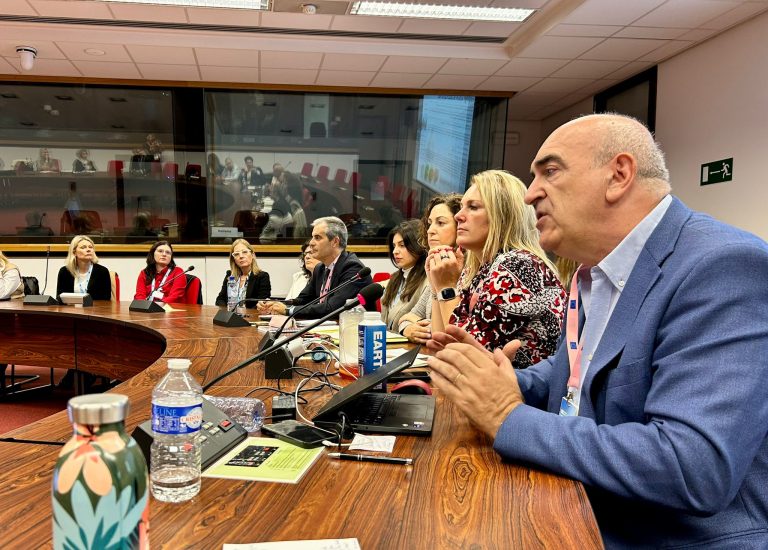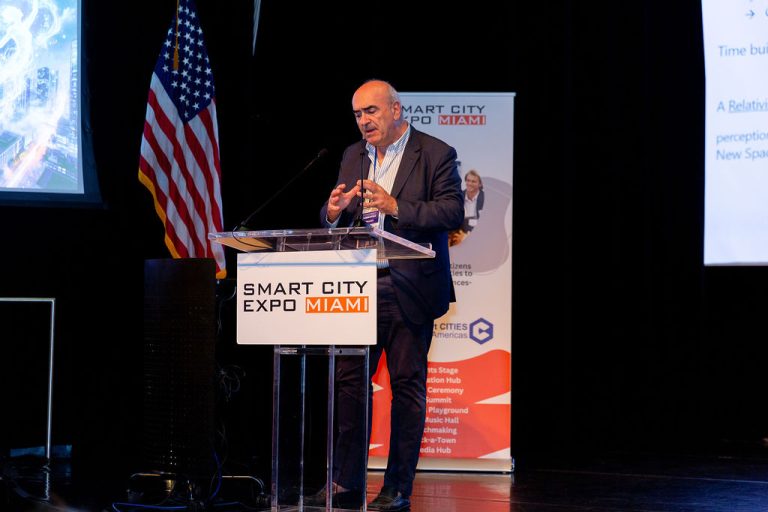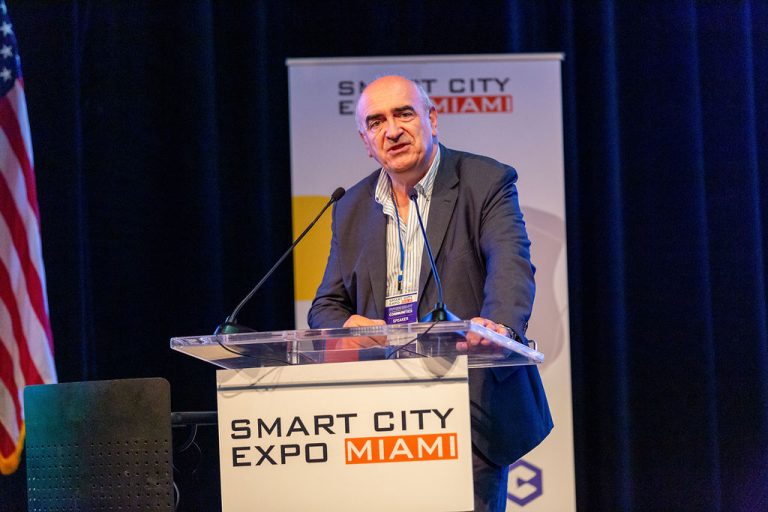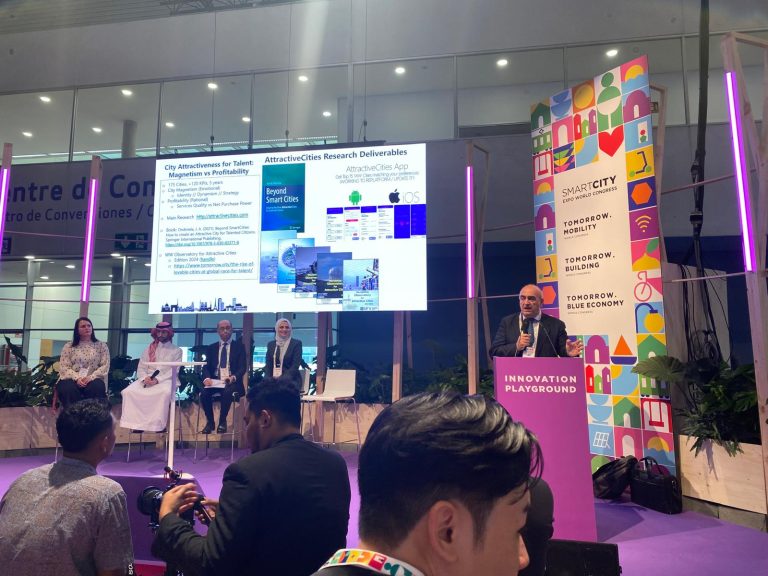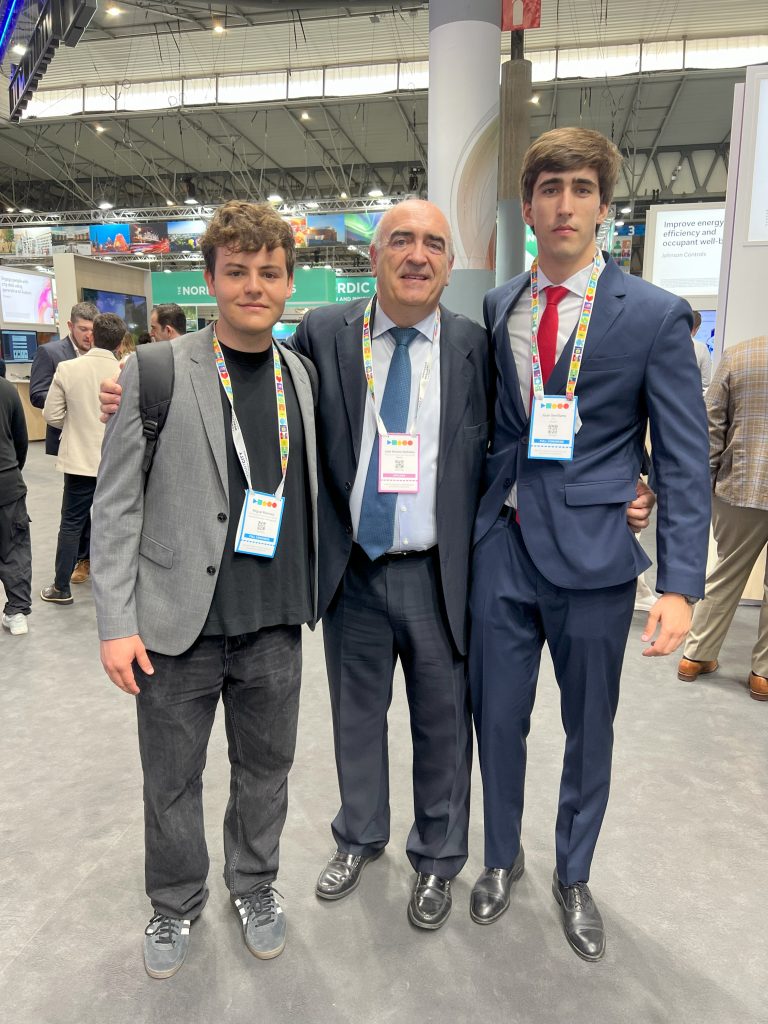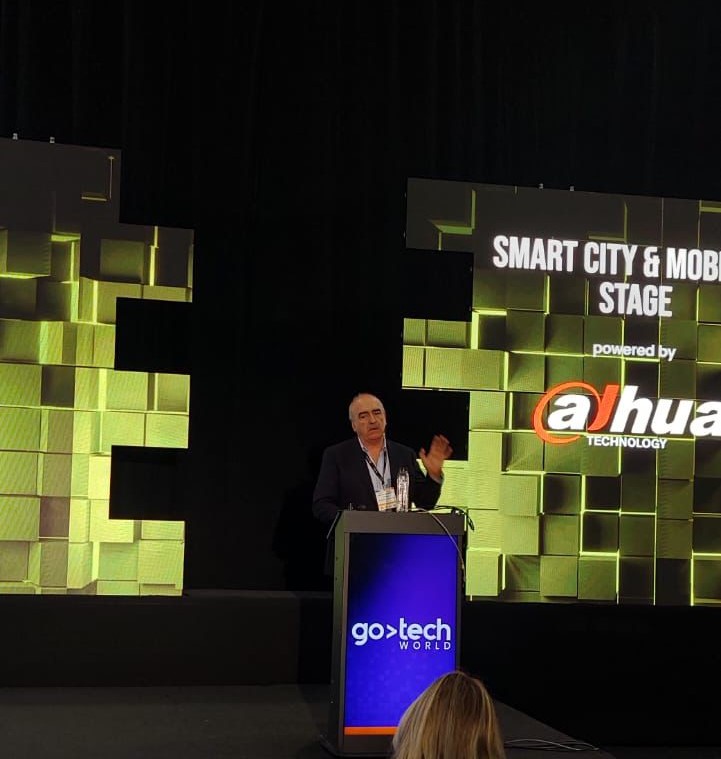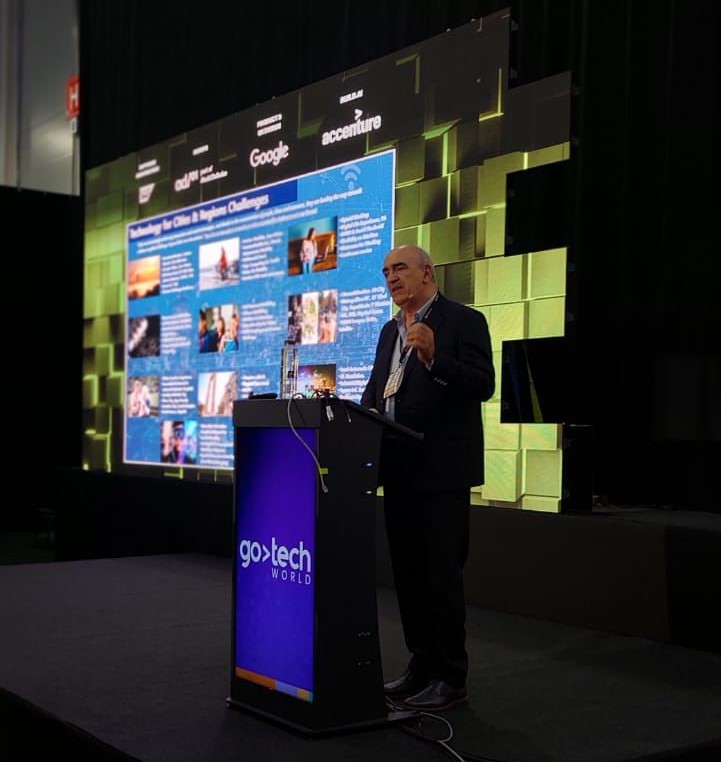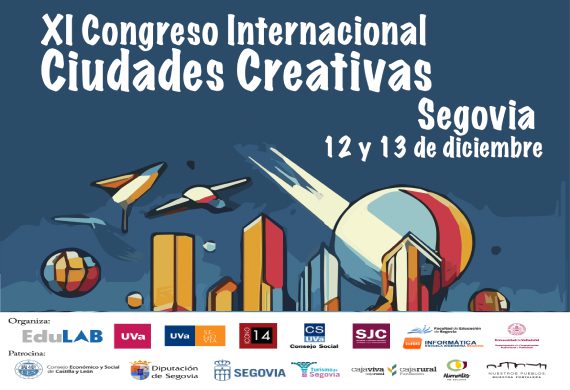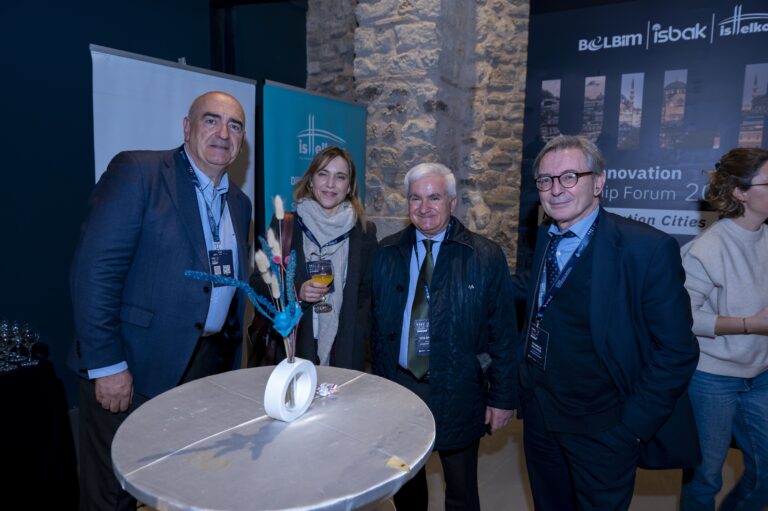2024 OBSERVATORY ACTIVITIES
Tenerife, 17-18 Oct 2024
“MetaCity: From Metaverse to Adaptive City: A way for paramount resiliency and dynamic Citizen Services”
The concept of the MetaCity as the virtual evolution of a physical city, its citizens, and their relationships. It highlights the parallel between the Consumer Metaverse—encompassing games, social interaction, and shopping, i.e., the traditional metaverse; the Enterprise Metaverse—serving as a city for hybrid working, designed for an immersive experience in collaborative work; and the Industrial Metaverse—acting as an Urban Industrial Digital Twin/Urban Social Digital Twin, evolving from traditional IoT-based digital twins for the industry but now adapted to the urban physical environment, with the challenge of incorporating intelligence for citizens. A digital twin is not an element of the metaverse, as it is an exact replica of a reality, while the Metaverse is the materialization of imagination, allowing any possible world in its implementation. Finally, it addressed the complex future of urban duality, in which many citizens will have a city that takes care of their physical needs, while their minds may be engaged in intellectual activity in a separate virtual city within the metaverse. This concept originates with Plato and was later developed by Saint Augustine.
UFV, 9 Oct 2024
The event aims to foster sustainable growth by reskilling public officials and citizens. Enhanced qualifications drive regional competitiveness, attracting investors and fuelling economic prosperity. EU needs to remain attractive for talent. With rising technological demands, civil servants require training to optimise public services. Let’s collaborate to empower non-central EU regions amid the onset of the 4th industrial revolution and the importance of digital skills across sectors.
Miami, 23-24 Sept 2024
In his talk entitled AI as a Cities’ Time Manager, Dr. José Antonio Ondiviela, Director of the Human-Centered Intelligent Cities Research Institute in Madrid, emphasized the critical role of time in urban planning. Ondiviela asserted that time should be considered a human right. “Time is the main urban dimension,” he said, highlighting how AI can help cities manage time more efficiently by reducing travel times, optimizing city services, and improving overall quality of life. His vision of AI-enabled “adaptive cities” that can change dynamically in real time based on citizens’ needs underscored the importance of using technology to create more efficient, responsive urban environments.
Barcelona, 5-7 Nov 2024
The Smart City Expo World Congress, held from November 5-7, 2024, in Barcelona, became the global hub for urban innovation, gathering over 25,000 attendees from 130 countries, 1,150 exhibitors, and 632 speakers. The UFV, through its newly established Research Institute for People-Centered Smart Cities, presented the 5th Edition of the WW Observatory for Attractive Cities, with Dubai leading as the top city in 2024 for attracting and retaining talent. Additionally, 22 EPS students, winners of the LivingLAB challenge in San Esteban de Gormaz, gained hands-on experience exploring the latest urban technologies, including AI and digital twins.
Bucarest, 13 Nov 2024
Professor Ondiviela explained the main trends in technology applied to cities, always placing the citizen at the center as both the origin and the goal of urban services.
Artificial intelligence is applied across all technological systems supporting a comprehensive Urban Digital Transformation Plan. This includes direct services to citizens, the internal efficiency of public officials, the management of the physical environment, the provision of social services, and even new metaverse technologies to offer visitors an integrated «phygital» experience—both physical and digital.
Segovia, 12 y 13 Dic 2024
The city is the crystallization of human creative activity, the solution to the challenges of daily life, and the expression of both humble and exceptional actions of human culture. It is both content and container, activity and rest, a meeting place and a starting point, solitude and crowds, noise and silence, stars above the rooftops. It is intrinsically linked to human development, blending the contributions of all sciences and the interpretations of diverse perspectives. The city represents a constructive exercise of fluid, flexible, and plural creativity. To thrive, it demands imagination, effort, management, coherence, interactivity, collaboration, solidarity, and joy from its inhabitants. Public buildings, schools, hospitals, grand avenues, intimate corners, towering structures, markets, churches, squares, parks, gathering points, town halls, cinemas, theaters, stadiums, streets, houses, museums, bars, bookstores, restaurants, subways, kiosks, transportation, shops, and people—all embody the essence of the city and became the focal point of this year’s Congress.
The UFV’s participation was highlighted through several key activities:
Roundtable – “Creative Economies and Spontaneous City Design”
Moderator: José A. Ondiviela, Director of the CITIZEN-CENTRIC Intelligent Cities Research Institute, EPS-UFV Madrid.
Panelists:
- Mariana d’Ovidio, Ph.D. in Urban Studies, Professor at the University of Milano-Bicocca, and Deputy Coordinator of the URBEUR Doctoral Program.
- Christoph Weckerle, Director of the Zurich Centre for Creative Economies, Switzerland.
Presentations Published in the SCOPUS Q2 Journal “Street Art & Urban Creativity” (Visual Arts and Performing Arts category):
- “Art Walks and Their Impact on the Attractiveness of the City: Case Study—From Chillida to Plensa on Madrid’s Paseo de la Castellana”
Authors: Manuela Casado de Prada, María Victoria Fernández Añez, and José Antonio Ondiviela García. - “Creativity as a Driver of Resilience in Cities”
Authors: José Antonio Ondiviela García, Paloma Moya Tudela, and Ester Nicole Arvilla Gras. - “Sports as Cities’ Attractiveness Builders: Twofold Impact”
Authors: José Antonio Ondiviela García, Paloma Moya Tudela, and Ester Nicole Arvilla Gras.
Other UFV Presentations:
- “Urban Art as an Identity Driver: The Visual Representation of City Branding on Instagram”
Author: Íñigo Urquía Uriaguereca.
Community-Centric Police of Future – Policing 5.0
Dubai, 30 Jan 2025
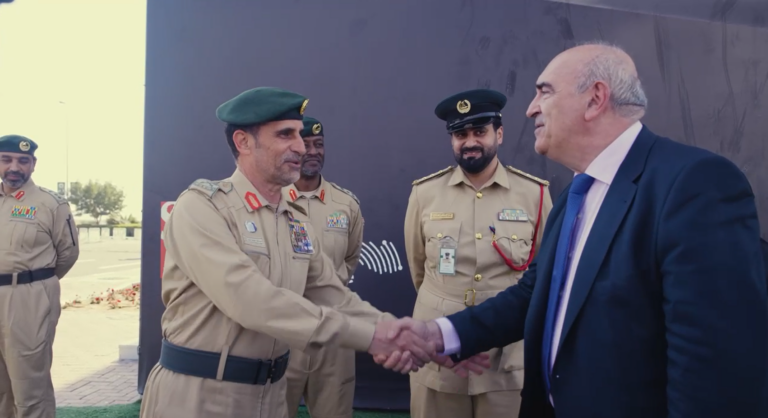
The interview with H.E. Abdullah Khalifa Al Marri, Commander of Dubai Police, explores the vision behind «Community-Centric Police of the Future – Policing 5.0.» This initiative aims to transform law enforcement by integrating advanced technology, AI, and a strong community focus.
Policing 5.0 prioritizes:
- Smart technology & AI for predictive crime prevention.
- Community engagement to build trust and shared responsibility.
- Digital transformation to enhance efficiency and incorporation of latest Artificial Intelligence technology
- Sustainability & resilience to adapt to future challenges and reduce natural and human-provoked threats impact.
This forward-thinking approach aligns with Dubai’s goal of becoming a smart, secure, and innovative Emirate.
Istambul, 20-21 Feb 2025
The BABLE Urban Innovation Leadership Forum 2025 in Istanbul is an exclusive gathering of urban leaders, innovators, and changemakers committed to shaping the Next Generation Cities of tomorrow through discussions on emerging urban trends, sharing best practices for sustainable and smart city development, building strategic partnerships to drive innovation, and learning from industry experts in urban transformation, fostering collaboration to create more resilient, efficient, and future-ready cities.
Academic (Non Research) Activities
- PhD Thesis about Cities
- SmartCities subjects at Law Studies, Enginnering Schools
- Escuela Postgrado Participation (Acción Política)
- New SmartCities Master Studies Development
- External Courses Participation (Fundación Atlántico)
- Curso Smart Cities in UFV
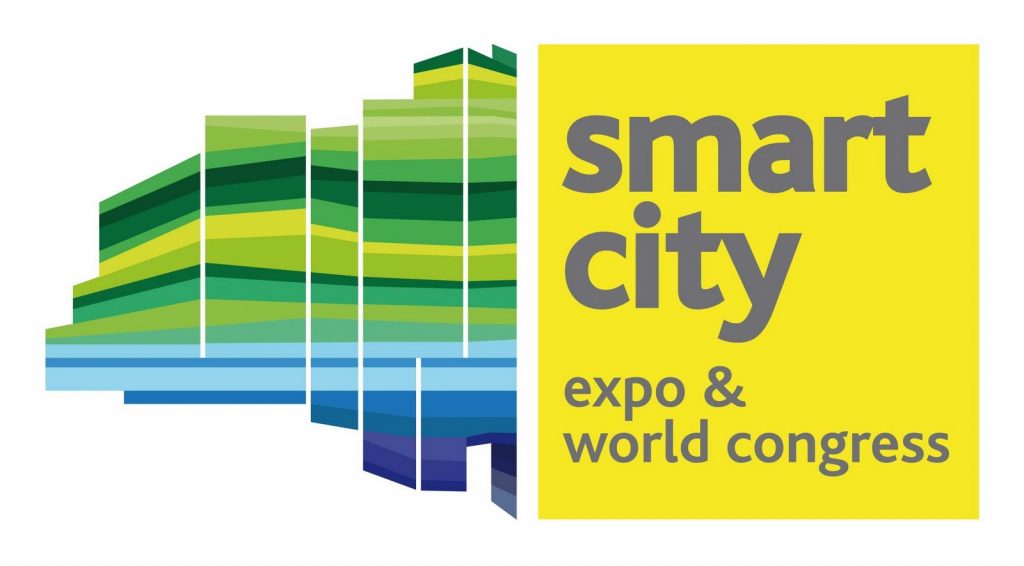
Prepairing our participation at next SmartCityExpo & WW Congress – Tomorrow.Mobility Barcelona
